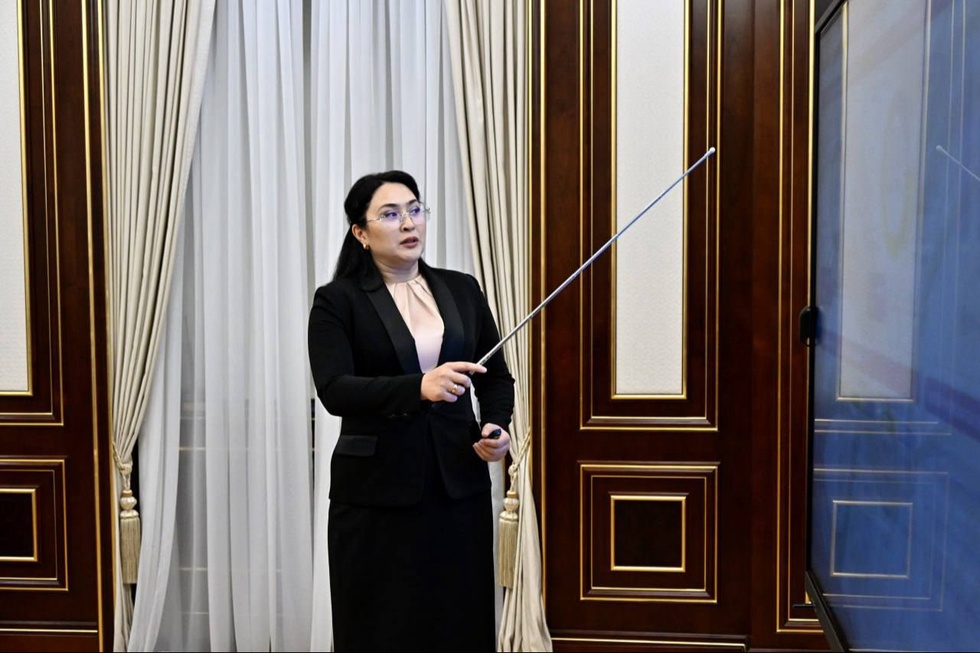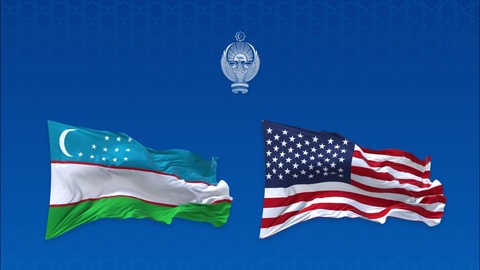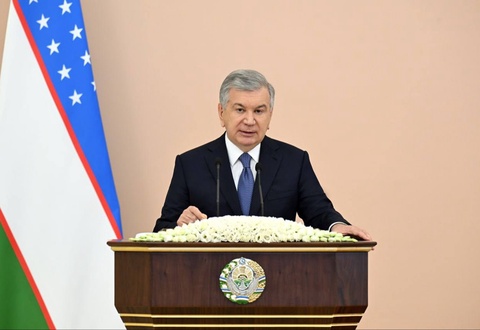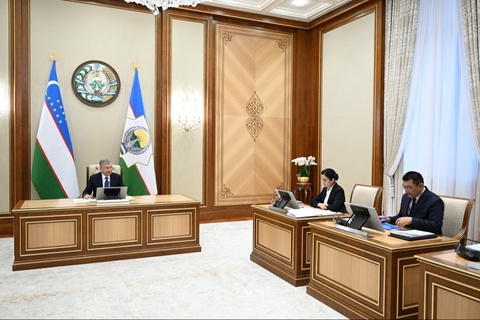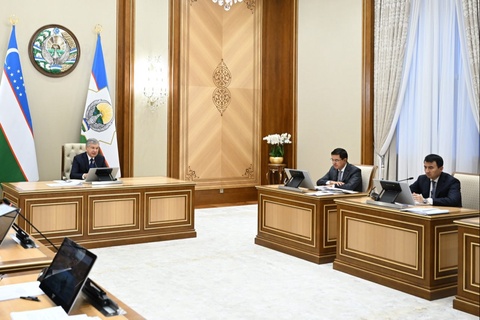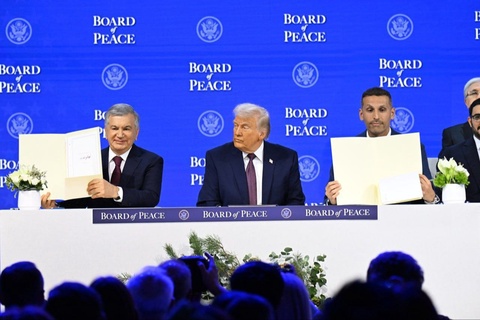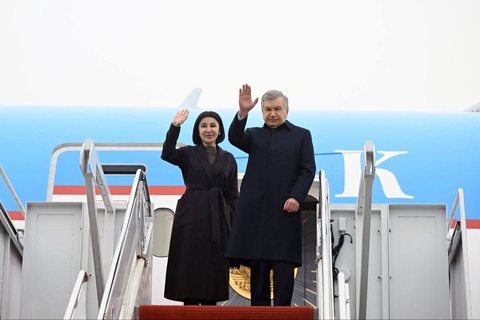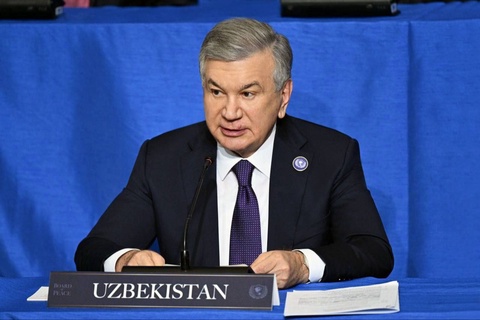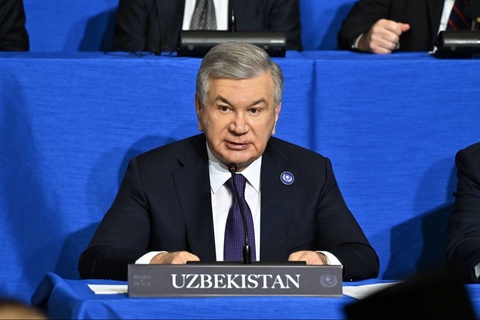The reform of the education system has been identified as one of the key priorities within the framework of the Uzbekistan 2030 Strategy. The state program for the current year also outlines a wide range of tasks focused on improving school infrastructure and fostering an educated younger generation.
The achievement of these goals largely depends on teachers’ knowledge and professional training. Currently, 15 state-run and 61 non-state higher education institutions in the country specialize in pedagogical training. However, their academic capacity currently stands at only around 40 percent.
Most academic programs are concentrated in the social sciences, while teacher training in exact and natural sciences remains insufficient. Additionally, 40 percent of students are enrolled in part-time (correspondence) programs.
In response, plans are underway to transform Tashkent State Pedagogical University, establish the National Pedagogical University of Uzbekistan, and implement the “Teachers of the Future” project.
Currently, the New Uzbekistan University employs over 40 foreign lecturers and 30 highly qualified compatriots invited from abroad. Student-led projects have attracted 24.3 billion UZS in grant funding. Leveraging this potential, efforts will be intensified to train specialists in modern fields such as engineering, digital technologies, artificial intelligence, and medicine by opening new laboratories.
The university plans to establish a modern clinic based on advanced German expertise to ensure the integration of science, education, and practice.
International methodologies are being introduced to assess the quality of education. This year, the knowledge of 9,000 15-year-old students from 233 schools will be evaluated within the framework of the international PISA program.
Currently, 2,000 schools in the country are operating at high capacity. To address this, using state budget funds, 112,000 new student seats will be created this year. Due to population growth, demand for schools continues to rise. In response, it is planned to attract $200 million in funding from the Islamic Development Bank to construct 58 modern schools in the regions.
According to the analysis, around 80 percent of schoolchildren actively use the internet and social media. Although measures are being taken to protect children from harmful content, there is currently a significant shortage of creators producing engaging and educational national content.
In this regard, instructions were given to create a safe information environment for children, increase the volume of national content, and support talented content creators.


